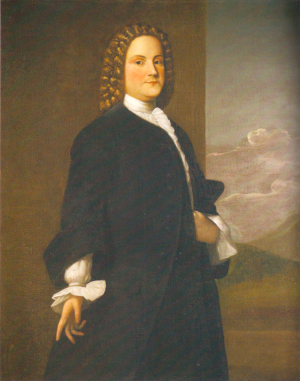Benjamin Franklin (1706-1790) was one of the United States Founding Fathers and a noted polymath. He made significant contributions to science, politics, and literature. While he was intelligent and driven, Franklin did not benefit from formal education. He had to educate himself through his own experience and reading. Franklin’s self-education is a reminder that one can learn through many different experiences in life.
Early Education
His father, Josiah Franklin, a candlemaker, and soapmaker wanted Benjamin to be educated. At age 8, Benjamin began attending the Boston Latin School, the first public school in the United States. He excelled, moving to the top of the class within a year.
The next year, he transferred to George Brownell’s English School to learn more about grammar and composition. As he states in his autobiography years later, he excelled in writing but struggled with arithmetic. His parents wanted him to enter the clergy, but when he was ten years old, his father could no longer afford to pay for tuition. He was eventually pulled out of school to help with the family business.
Apprenticeship
At 12 years old, Benjamin apprenticed with his brother James, who was a printer. He learned the printing trade and continued reading on his own. James founded the New England Courant three years later, and Benjamin asked his brother for the chance to write a letter that James could publish in the paper. However, James refused.
Undeterred, Benjamin took on the pseudonym of “Silence Dogood”, a middle-aged widow, and began writing letters to the Courant. James published them without knowing they were written by his brother. The letters were popular and started conversations around town. When his brother found out, he was furious.
Both Benjamin and James were advocates of free speech. After James published material that the government found offensive, he was jailed. Benjamin took over the Courant while James was in jail and continued to push for free speech. At 17 years old, he decided to leave his apprenticeship and move to Philadelphia without his brother’s permission.
Franklin’s Views on Education
Throughout the course of his life, Franklin continued to educate himself, reading extensively on a variety of subjects. He also joined several clubs where he could discuss the books he had read with others. In 1727, he founded the Junto, a group for mutual improvement that discussed everything from philosophy to science as well as issues in current affairs.
He also published essays on politics, religion, and education. In 1749, he wrote a pamphlet titled “Proposals Relating to the Education of Youth in Pennsylvania” in which he argued for a more comprehensive and publicly-funded education system. He wanted to encourage the youth to go to college and for the citizens to contribute money to make it possible.
Franklin believed that education was important for both individuals and society as a whole. He argued that educated citizens were more likely to be productive and law-abiding citizens. Furthermore, he believed that an educated citizenry was essential for a strong democracy. In his autobiography, Franklin wrote about the importance of self-improvement and continual learning. He believed that every person, regardless of social status, should have access to quality education.
Benjamin Franklin’s achievements are a testament to the power of self-improvement and learning from experience. In fact, both Harvard and Yale awarded him honorary Master of Arts degrees in 1753. The College of William & Mary followed suit and awarded him an honorary Master of Arts degree in 1756.
